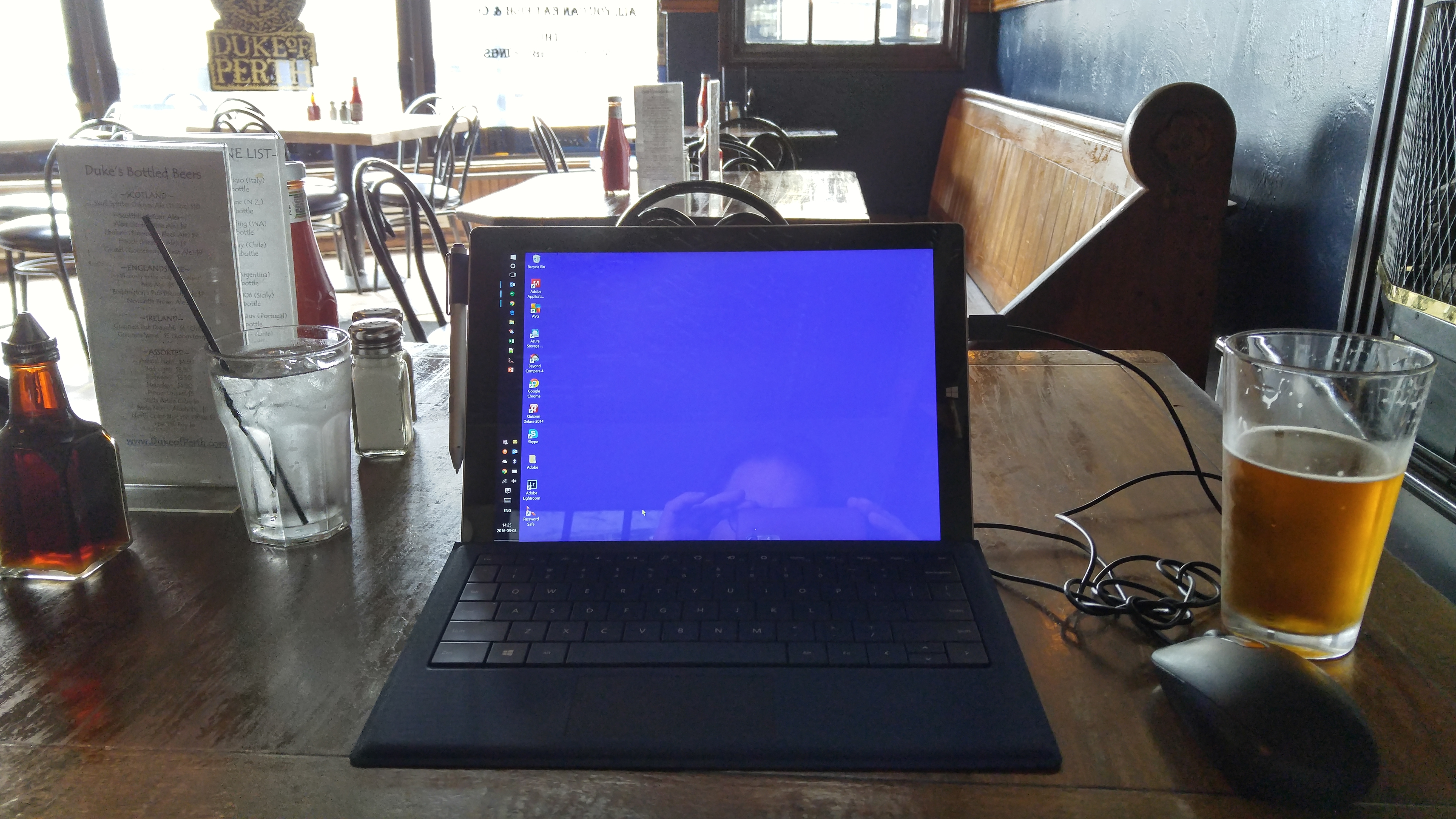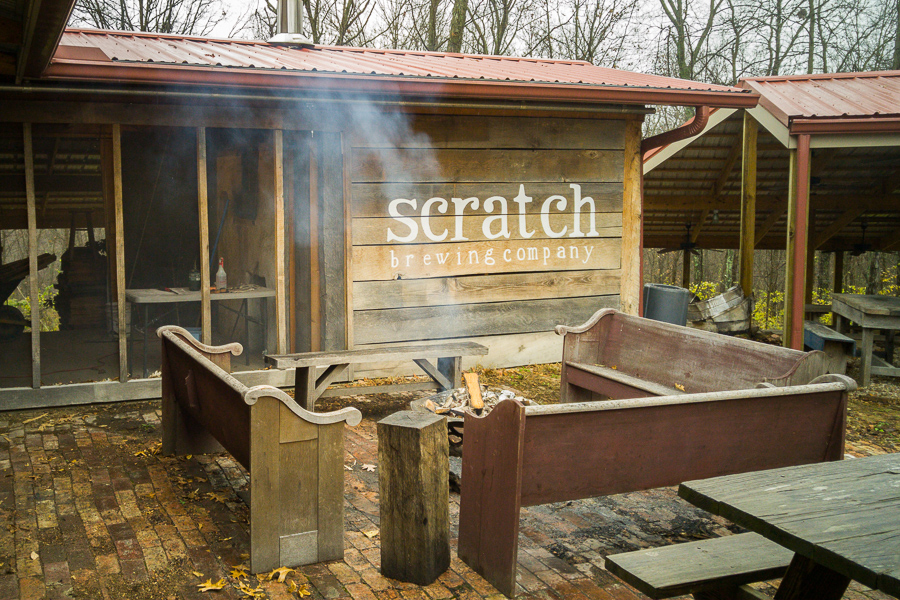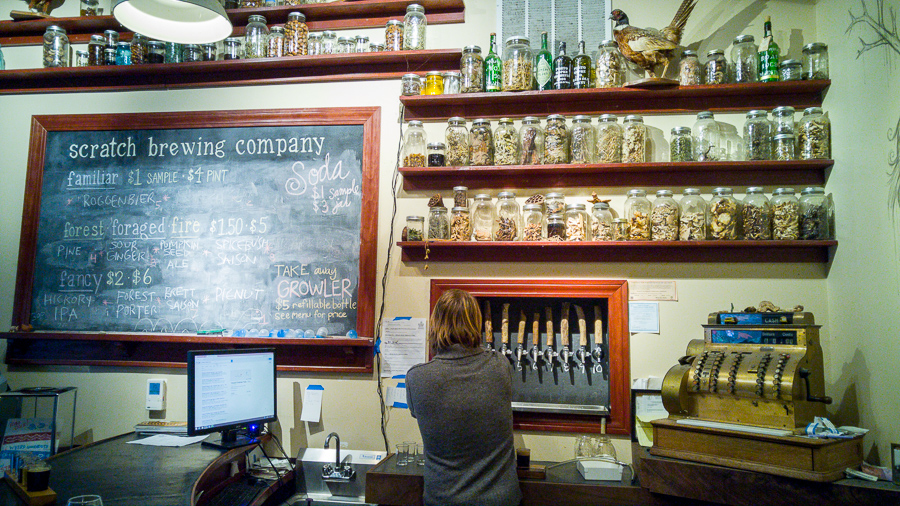Oh, you crazy kids. This is a short list of what happened Saturday afternoon and evening in the area around Wrigley Field:
1:26PM — Dust off the ambulance. We have a female unconscious outside of Sluggers World Class Sports Bar, 3540 N Clark.
2:16PM — Callers at Addison and Halsted report seeing a man with a gun in his pocket. He is the first of many persons who will be described as wearing green clothing.
11:26PM — Recommendation: Don’t drink on the public way. Especially in front of the police station. Citation issued. 850 W Addison.
1:50AM — Hey! Remember that car that the police were impounding at Addison and Sheffield? Yeah, well, two women got into it and drove away. They've been caught and arrested at Belmont and Sheffield.
For all that, this year arrests and ambulance calls were way down from years past. Come on, Millennials, you're slacking.
Man, I have missed this:

I had lunch with a friend here at the Duke today (and I walked, getting me to 15,000 before noon), so why not stay and write some documentation?
I've also decided on a new rule. I gave up beer for February because I think there's a correlation between me drinking beer and me staying consistently 3 kg over my target. Well, not much changed, and I missed beer, so my New Rule is that I can have one beer per 10,000 steps (or fraction thereof). And I think I'll aggregate this over the week.
Washington Post writer Fritz Hahn is freaking out that the U.S. now has more breweries than ever:
As of Dec. 1, 2015, the Brewers Association had counted 4,144 breweries in the United States, the most ever operating simultaneously in the history of the country. According to historians, the previous high-water mark of 4,131 was set in 1873.
Even when they are given a chance, some small brewers have expressed frustration with the way beer bars order products. Instead of buying three kegs of a new beer and running through them all, as it might have done when local beers were a novelty, a bar tends to buy a keg and, once it’s empty, fill the draft line with a competitor’s product, and then another one, and so on, before rotating back to the first brewery’s beer weeks or months later.
Many in the beer industry pin their hopes for small breweries on localization: the idea that consumers would rather drink beers made down the road than across the country. Lary Hoffman, who co-owns Galaxy Hut in Arlington and Spacebar in Falls Church with his wife, Erica, prefers to stock most of the taps with Virginia breweries, such as Blue Mountain, Champion and Three Notch’d. “You can get any style of beer locally now, and the quality is on par with the best beer in the world, so why not seek out the regional option?” he asks. A handful of national brands, including Bell’s and Avery, show up on the 28 taps at Galaxy Hut and the 24 at Spacebar, but they’re the exception. Customers would be angry “if our draft lineup looked like a Safeway shelf,” Hoffman says.
So, the problem seems to be, too much choice? Yeah, I'm not sure that's something we need to solve. Of course it can be daunting to look at a beer list from a place like Beer Bistro or The Green Lady. That's a problem we want. I lived through the 1980s and early 1990s, when we had maybe four "craft" breweries including Anchor Steam and Sam Adams. I'd rather live today, thank you.
I mentioned yesterday that we stopped at Scratch Beer in Ava, Ill., on the recommendation of a local.

It's pretty remote, but worth the trip. They make one barrel of each beer, and when that barrel is empty, it's gone forever. So, yes, we'll have to go back, even though the 561-kilometer trip home took almost 6 hours. At least Scratch is dog-friendly (outside). So maybe the next road trip down there will be when it's warmer.

Parker and I are home, unpacked, and well-rested. Part of the well-rested bit resulted from three days of rain. When you go to a cabin in the woods and plan on lots of hiking, and no hiking happens, there is disappointment.
There is also a serendipitous find: Scratch Beer in Ana, Illinois. They make beers from locally-found ingredients: Pignut Ale, from local pignut hickory nuts. Pumpkin seed ale, which "DOES NOT TASTE LIKE PUMPKIN SPICE OR PUMPKIN PIE." I'll have photos tomorrow.
Right now: unpacking, laundry, deleting hundreds of emails, and sampling Grand River Spirits whiskey.
By one measure, Chicago is the Craft Beer Capital of the U.S.:
Craft brewers in the Chicago area occupy an estimated 1.6 million square feet of commercial real estate, more than any other metro area in the country, according to a report from Seattle-based brokerage Colliers International. The area also has the second-most craft breweries with 144, behind only Portland, Ore.'s 196.
And craft beer—defined as being made by small, independent brewers—is still growing here. Just four U.S. markets have more breweries in the planning stages than the 39 in Chicago. (This was Colliers' first report on the subject, making comparisons to past years difficult.)
Never has Chicago had so many breweries. The last peak was around the start of the 20th century, when the city had about 60 small breweries that combined to produce about 100 million gallons of beer a year (compared with 12.4 million in 2014). Prohibition wiped out most of them. The few that survived into the middle of the century were either purchased by rivals or shut down, victims of national beer brands that gobbled up much of the market by selling less-expensive beer in cans.
I have expressed concern about the big guys buying up the craft guys, but this new statistic warms my heart. We might still have craft beer in Chicago come 2050...
I might follow this map. Explanation:
Community beer and brewery review site RateBeer puts out a list every year of the top 100 breweries in the world, “according to reviews taken last year and weighted by performance within and outside of style, balanced by indicators of depth.” From this year's list, 72 of the breweries are based in the United States.
Randal Olson found a pretty good solution using genetic algorithms and the Google Maps API. He computed an optimal road trip to visit a historical landmark in each state.
Forget that though. I want beer. Tasty beer. I applied Olson's solution to breweries to get the order in which to visit them in the least miles possible.
The trip to see just the 70 breweries on Yau's list takes 197 hours over 19,789 km. He thinks he can do it in 8 days. Or he can stop at any of the 1,414 other breweries in between and extend the trip to a month.
On the other hand, given the same amount of time off, I might rather do a oneworld explorer fare.
Lottery, anyone?
Not that it should surprise anyone, but brewing giants like InBev and MillerCoors aren't buying craft brewers to distribute them more widely. Just the opposite:
[T]he Department of Justice and regulators in California were investigating whether InBev, which makes Budweiser and Bud Light, was buying up beer wholesalers to curb sales of craft beers in bars and grocery stores.
“When a big brewery buys an independently-owned distributor they would evaluate each one of those brands and not keep all of them,” said Tom McCormick, executive director of the California Craft Brewers Association and a former beer distributor. “The bulk of their attention would be on their in-house brands.”
Even as the big players merge, they may not be able to run ahead of consumer tastes. In the last 10 years many Americans have cut back on beer in favor of wine and liquor. And though InBev is very profitable, its beers have been losing market share as more people buy imported and craft beer. [Brooklyn Brewery founder Steve] Hindy said that’s because smaller brewers are just more single-minded about taste. “We make beer,” he said. “They make money.”
The craft brewing phenomenon terrifies companies like InBev because it's literally impossible for them to compete with micros. Once InBev buys your micro, it's no longer micro. You can't scale a micro up very far, either, or it ceases to be a micro. (See, e.g., Boston Brewing Co. and Goose Island.)